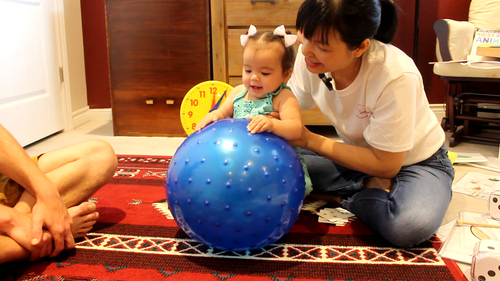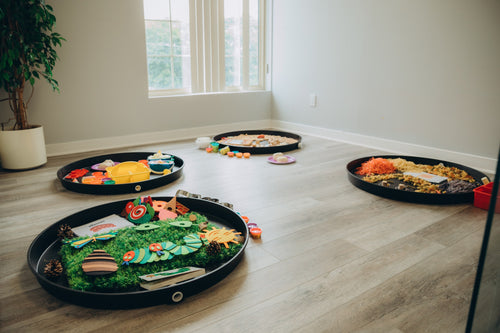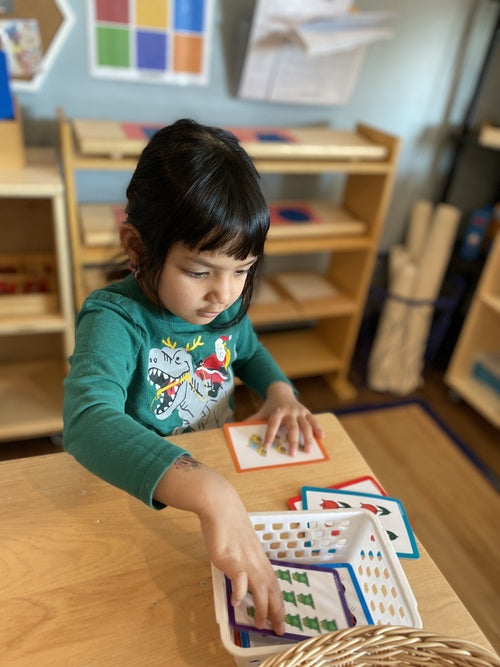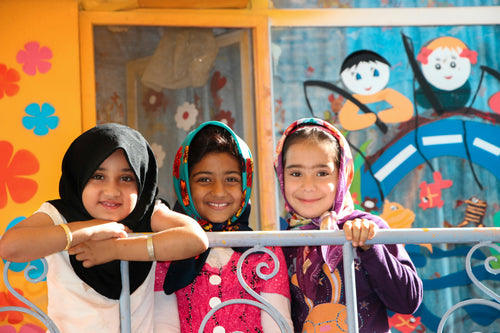10 Early Signs of Developmental Delay (first-time) Parents Often Overlook
What to watch for before preschool — and why early action matters
As parents, we celebrate every little achievement: first smiles, first words, first steps. But when a child’s development doesn’t follow expected patterns, subtle signs can be missed — especially in the busy years of toddlerhood.
Recognizing potential developmental delays early is crucial. It’s not about labeling your child; it’s about giving them the support they deserve when the brain is most adaptable.

Why This Matters: The Science of Early Brain Development
-
Between birth and age five, a child’s brain architecture is being built — connections form rapidly, then get refined. Early experiences shape how strong that foundation becomes. Harvard Center on Child Development+1
-
According to CDC’s Learn the Signs. Act Early. program, about 1 in 6 children in the U.S. has a developmental delay or disability. Early identification can improve child outcomes. PMC
-
Monitoring developmental milestones is a key tool in catching delays early. CDC
When signs are recognized early, families can pursue interventions — and those early years offer the greatest brain plasticity.
10 Signs of Developmental Delay (Often Missed by First-Time Parents) based on Approved Developmental Milestones in Babies
Here are early red flags parents should watch for. If you notice several, consider consulting a pediatrician or developmental specialist.
-
Delayed Motor Skills
-
Not rolling, sitting, crawling, or walking at the typical age ranges. For instance, most babies begin walking by 18 months. CDC
-
Limited Babbling or Speech
-
By around 9 months, babies typically babble (“ba-ba,” “da-da”). If that’s missing, speech delay may be present.
-
Poor Response to Name or Sounds
-
After 6 months, a child should start turning toward sounds or their name. Lack of reaction may signal auditory or processing issues.
-
Minimal Eye Contact or Social Engagement
-
Lack of social smile or limited gaze toward caregivers can indicate social-communication delays.
-
Failure to Imitate Actions
-
Toddlers naturally mimic gestures or actions. If your child rarely copies actions, something may be off.
-
Little Interest in Cause-and-Effect Play
-
Simple games like pushing buttons or dropping objects teach causality. A child uninterested in these may struggle cognitively.
-
Regression of Skills
-
If your child loses skills they once had (e.g. words, walking), this is a significant red flag.
-
Abnormal Muscle Tone or Motor Behavior
-
Very floppy or stiff muscles, persistent toe-walking beyond 3 years, or unusual rigidity.
-
Feeding and Oral Motor Difficulties
-
Struggling to chew, swallow, or refusing solid textures well beyond infancy.
-
Lack of Pretend or Symbolic Play
-
By age 2–3, children often pretend play (feeding a doll, pretending to drive a car). Absence may reveal cognitive or social delays.
What Parents Often Miss When Their Child Does Not Meet Milestones and Why
-
“He’s just a late talker” — Many delays are dismissed as “just a phase.”
-
You see only one or two signs and wait to see if they improve.
-
Missed milestones accumulate — small gaps become larger ones over time.
-
No formal monitoring or screening — developmental check-ins are often skipped.
But ignoring multiple warning signs can lead to:
-
Struggles with language, reading, and school performance
-
Delayed social-emotional maturity
-
Frustration, low confidence, or behavioral challenges
-
Lost time for effective early intervention

Smart Steps for Parents to Take Early Intervention for Toddlers and Preschoolers
-
Use milestone checklists like those from CDC’s Learn the Signs. Act Early to track your child’s progress. CDC+1
-
Talk to your paediatrician if multiple signs persist. Ask for developmental screening.
-
Engage in rich, responsive interaction (serve & return) — talk, respond, narrate what your child does — to build brain circuits. Harvard Center on Child Development
-
Use play-based learning: simple games, repetition, sensory play help strengthen attention, memory, cognition.
-
Start early intervention if recommended. The earlier, the better — the brain is more plastic in early years.
-
Join support networks (therapists, parent groups) to share strategies, resources, and encouragement.
At Smartizen Academy, we believe every child can thrive with the right support. If you’ve noticed signs in your child and want to explore enrichment tailored to their needs, we’d love to help you get started.
🔹 Explore class options for kids with developmental delays
🔹 Receive free consultation on building focus, memory, language
🔹 Join our parent community to learn, share, and grow together
Early detection and responsive enrichment can make a world of difference — because a strong foundation leads to confident, capable children.








